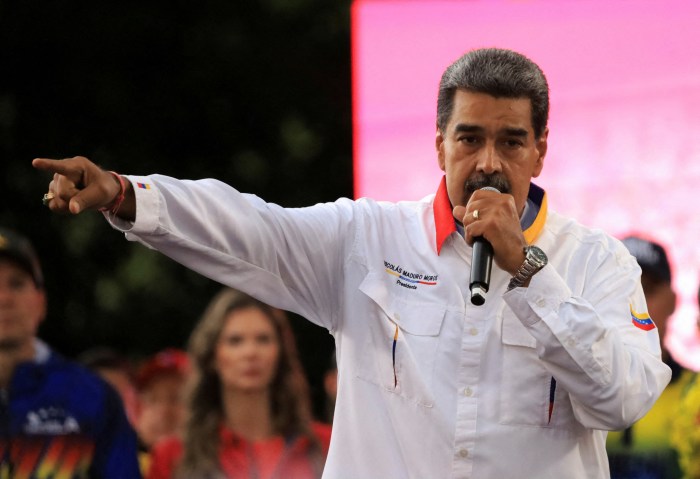PORT OF SPAIN, Trinidad, July, 8 2013 (IPS) – The Dominican Republic first expressed interest in joining the 15-member Caribbean integration grouping CARICOM in 1989. Now, 14 years later, the Spanish-speaking country with a population of nearly 10 million may finally get its wish.
In the words of President Danilo Medina, “We have come with open arms, promising to work hard to make the region a better place.”
Medina made his pitch to Caribbean Community leaders who met here over the past four days for their annual summit. He praised the “visionary leaders” from Barbados, Trinidad and Tobago, Guyana and Jamaica, who 40 years ago signed the Treaty of Chaguaramas that paved the way for the establishment of the regional integration movement.
“They built the foundation on sound principles which has allowed 15 full members and five associate members. We must have the political will and, therefore, we have decided to have open-arm dialogue to gain entry to CARICOM,” Medina said.
The new CARICOM chair and prime minister of Trinidad and Tobago, Kamla Persad Bissessar, said Caribbean leaders had some reservations related to immigration, as well market size in the context of the CARICOM Single Market and Economy (CSME) that allows for the free movement of goods, skills, labour and services across the region.
“I believe in principle that the heads [of state] were not adverse to the Dominican Republic joining. However, there remain issues some heads wanted clarification on and that matter has now been put forward to the inter-sessional [to be held in February] for a more targeted discussion,” she told IPS.
CARICOM leaders are concerned that with a population of 9.5 million, the Dominican Republic’s entry could adversely impact the economies of some of the smaller member countries, she added.
Medina was not the only visitor to the four-day summit here.
Newly elected Venezuelan President Nicolás Maduro may not have the charisma so strongly associated with his predecessor, the late Hugo Chavez, but he too came to the summit promising “goodies” for regional leaders in a bid to solidify the relationships that Chavez himself would have enhanced.
Guyanese President Donald Ramotar told IPS that during his closed-door half-hour meeting, Maduro made a presentation “offering some very concrete areas in which we could cooperate and Venezuela is ready to work with CARICOM…including on the vexing issue of transport.”
Ramotar said he would describe the talks as “a re-affirmation of the Chavez policy”, adding “that he [Maduro] is continuing that strong solidarity trust President Chavez had made in the past.”


















